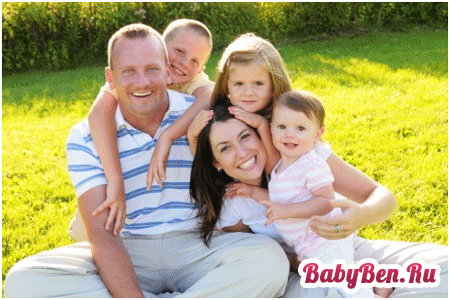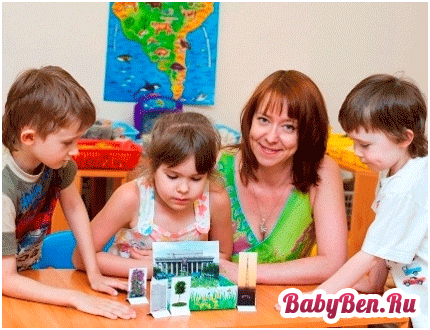
Family is this basis in the process of educating personality. Relations in the family are fundamental in the subsequent relationship of the child with people around him, with the society in which he lives. It should be noted that very often the relations between parents are broadcast and model the already raised child into his own family. Social education of children is education aimed at perceiving and assimilation of knowledge and norms of behavior of a certain culture, in this process the child perceives and assimilates the value system. Social education of children is a process in which both sides have a mutual influence on each other. The nature and features of the temperament of the child affect his parents. And, in turn, the nature and mentality of parents as nothing affects those ways of education that they apply.

The content of the article
The goals that the social education of children pursue
Social education of children sets its main goal to convey to the child value orientations, standards of behavior, basic moral standards. This norm can be achieved by promotion, motivation of children, if necessary, the use of punishment measures. Parents should be primarily an example for the child, so that he sought to imitate them, adopt the features of their behavior, communication with others. Of no small importance in the process of social education are played by others - friends, neighbors, classmates.
The family should be correctly and rationally organized, the activities of all family members should be subordinated to the common goals, relations should be built on complete understanding, trust, and the nature of communication between domestic should be democratic. The correct social education of children depends on what is the cultural, educational and pedagogical level among parents.
Basic methods
In the process of social education of children, parents are guided by the following methods:
- rewards for good proper behavior;
- censure in the event of a child violation of established rules and norms of behavior;
- parents themselves well and deeply understand the inner world of their child, a good understanding is established between them and the children;
- parents are a good role for the child.
If the parents are inattentive to the child, they are unkind to him, the response will be a hostile attitude towards them (both explicit and hidden). Children's cruelty, sometimes unaccountable and unrefined, is actually caused by deep childhood experiences. Constant guilt, anxiety, low self -esteem is the result of powerless aggression.
Proper social education of children is possible when parents:
- their requirements for the child are explained, involved in this discussion of children;
- use their parental power only in the most extreme case;
- they want to see their child not only obedient, but also independent in judgments;
- they take into account the opinion of the child, are not guided only by children's desires, sometimes selfish and irrational.

All this effectively affects the formation of a child as an initiative, active, independent person who is able to be responsible for his actions.
Extremely (both in one and the other) never led to good results. Parental authoritarianism can play a negative role, the child can push away from dad and mother, will be aware of himself in the family by an underestimated, undesirable member, on which nothing depends. On the contrary, excessive core can lead to the fact that the child will have the consciousness that parents are absolutely like that what is happening to him, since they always allow him everything. In one and in the other case, the formation of a child will be with a “skew”. And here is the main task of the parents is to find the “middle ground”.
